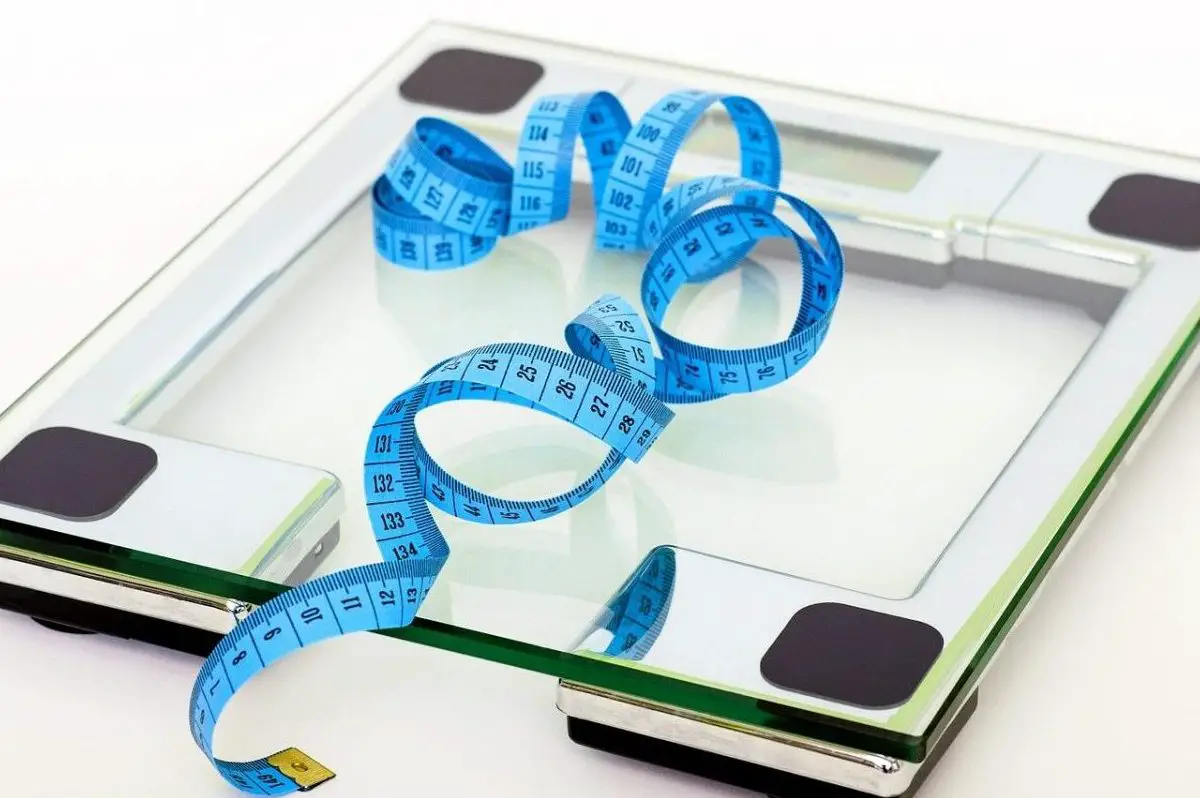What is body checking? Nicholas Farrell, PhD, the campus clinical director and supervisor of Eating Disorder Recovery for Rogers Behavioral Health in Wisconsin describes body checking as a “repetitive, often compulsive, scrutiny of one’s appearance from a size and shape standpoint.” This can take many forms, including but not limited to checking your body in the mirror, weighing yourself multiple times per day, repeated verbal negativity about your body and physically pinching or poking your body.
In 2015, a study was conducted to determine the effects body checking has on individuals. The participants were assessed on the range of their emotions about their bodies before and after body checking. The results were uniform across the board.
Participants — whether or not they were diagnosed with an eating disorder — were found to have significantly increased negative emotions after they had “body checked.” This was made apparent since their emotions before body checking were relatively positive.
If body checking makes us feel worse about ourselves, then why do we still do it? Like many unhealthy habits, body checking provides short-term relief. The relief could be from anxiety about weight gain or weight loss, pressure from social media or a manifestation of general stress. It could be anything, really. But it’s important to note just how short-term that relief is. In the long run, body checking increases our anxiety, and even worse, can dangerously impact our mental health.
Body checking affirms what clinicians call “body image disturbance.” It is a behavior that harms instead of helps. What we think is a band-aid actually slows the healing of the wound.
While mental health is undeniably a challenge unique to each individual, it’s important to address how society — specifically social media — has contributed to a reinforcement of body negativity. From Instagram influencers to diet culture to lifestyle gurus, our culture has curated a system where it is extremely difficult to be content in the body, the home, that you have right now.
Therapists, counselors and psychiatrists have all seen an increase in clients reporting how their consumption of social media stimulates a negative self-image reaction. When the most pervasive form of communication is image-dominated — think Instagram or TikTok — it is nearly impossible not to compare yourself to the highlight reel you see on your phone.
But there is a way to break the cycle of body checking. It all starts with awareness. When you feel like doing it, ask yourself why. Even this small pause in habit can make a world of a difference. Think about or write down your feelings before you body-checked, and after. How were they the same? How were they different?
If structure is your thing, here is a thought log to help track your body checking habits. Choosing to become aware about when and why you body check can help you pinpoint the real reason for this habit. It can help you begin to minimize the time you spend doing it, and perhaps completely remove it from your life.
Chances are, if you are reading this, you are a college student or recent grad. Navigating the sociopolitical circles that comprise being in your 20s is challenging. It is a vulnerable period of growth. Students are increasingly susceptible to unhealthy habits, thought patterns and actions. Peer pressure is no longer just a middle school phenomenon.
Toxic hazing rituals are unfortunately still acceptable. What’s worse, they’re still practiced. It is no wonder that we develop detrimental coping mechanisms. We’re trying to survive in a system made to stress us out.
As always, it is critical to remind anyone who is reading this that you are not alone. Body checking is rarely addressed because it can, at the start, seem harmless. But it isn’t something to be afraid of. Rather, body checking is, like any other bad habit, something to be mindful of.
Help can take many different forms. Eating disorder recovery groups are out there. Individual therapists who specialize in body image abound. There are hotlines and chat rooms. Even talking to a trusted family member or friend is a step in the right direction. The stigmatization of body negativity — the shame that surrounds it — is omnipresent. It will only dissipate when space is actively held for open and honest conversations.

















